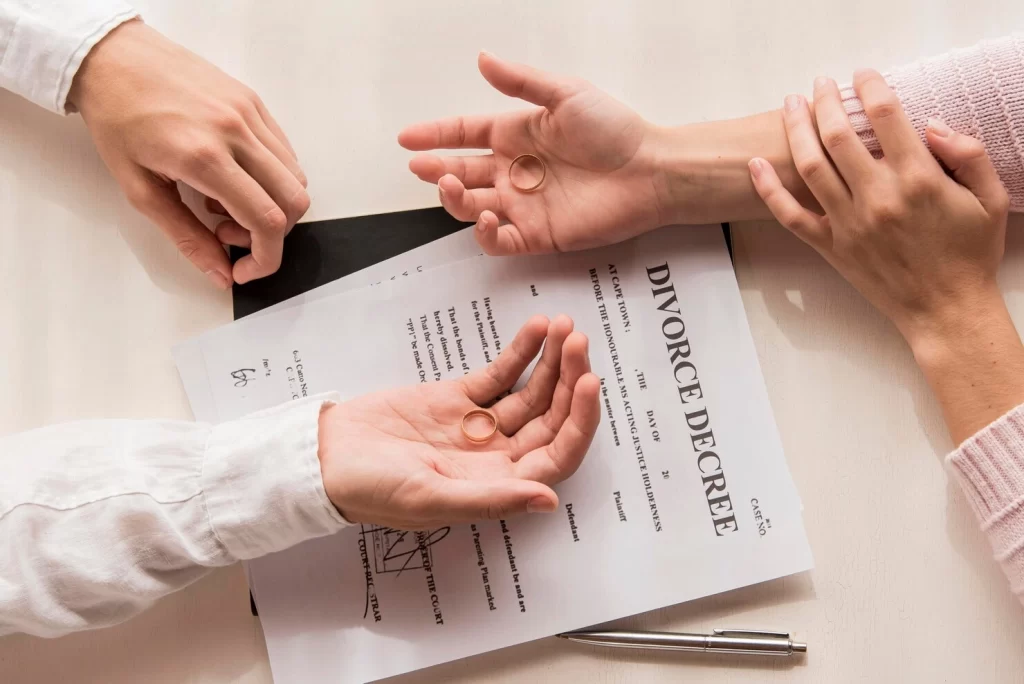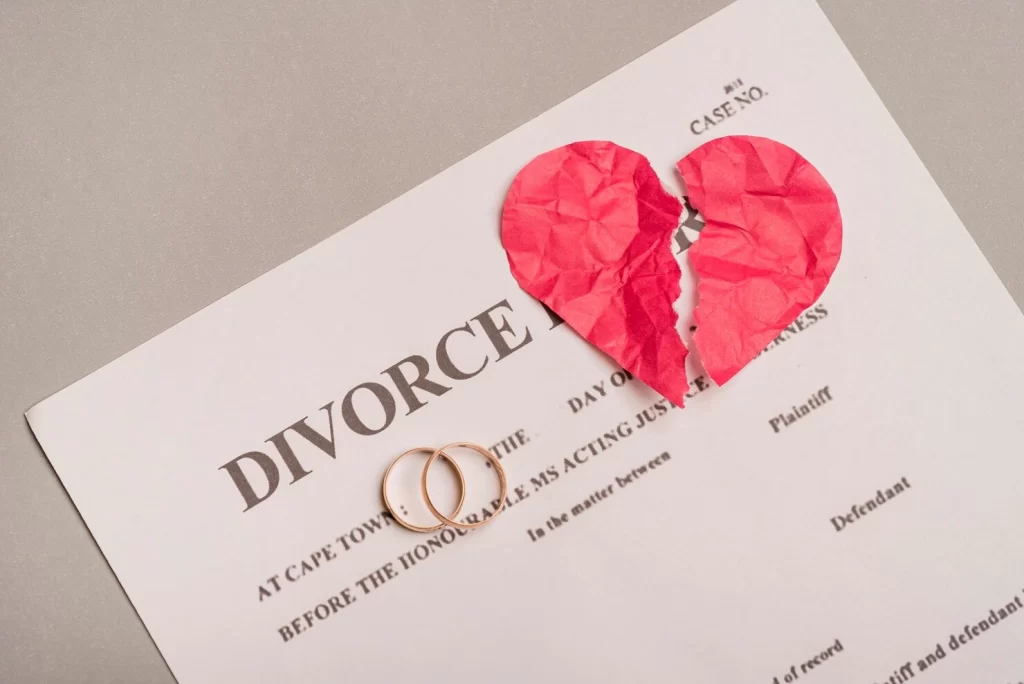The incarceration of a partner can be a pressing challenge for couples. It can permanently scar and strain a marriage regardless of the couple’s bond. You may not be able to see, meet, hug, and share your life with your partner, who has been ordered years in prison. Moreover, Texas law considers a felony conviction a straight ground for divorce.
However, married couples with one partner in the Texas Department of Criminal Justice (TDCJ) system generally struggle with the process of divorce for Texas inmates. That’s why we have created this blog to help you get rid of your queries and confusion. So let’s get started.
What are the Grounds for Divorce for Texas Inmates
Inmates must be aware of the legal grounds before filing for a divorce while being incarcerated at the TDCJ. You can file a divorce in Texas on both fault-based and no-fault grounds, which are described as:
- No-fault grounds for divorce mean non-supportability and involves irreconcilable differences between partners. It is established if the partners haven’t cohabitated for a minimum of three years.
- On the contrary, fault-based grounds in divorce for Texas inmates include conditions such as adultery, felony conviction, abuse or cruelty, etc.
How to Initiate an Inmate Divorce
The first step to successfully initiate an inmate divorce, according to the Texas divorce regulations and law, is hiring a competent divorce attorney. Engaging a professional will allow you to navigate the unique intricacies of your divorce process. They will also handle the related paperwork and deadlines while ensuring the correct jurisdiction and venue for divorce petition filing.
Drafting the Petition
As an inmate, you’ll have to draft a divorce petition along with your divorce attorney in Texas. You may be required to file a petition in the county where your partner lives and/or is incarcerated. The petition must include details about your marriage, child custody, support (if any), asset divisions, inheritance, and other pertinent issues.
Addition Stages Involved in Divorce for Texas Inmates
Once you’ve hired a divorce attorney and filed a petition, it will be directly served to your spouse with one or alternative methods of service. You may also go through a mediation process and court hearings (managed by the TDCJ system) to reach a fair and suitable settlement/divorce finalization.
Consult with our experienced divorce attorneys in Texas today or learn more about our child custody, family court, and child support solutions here.





















